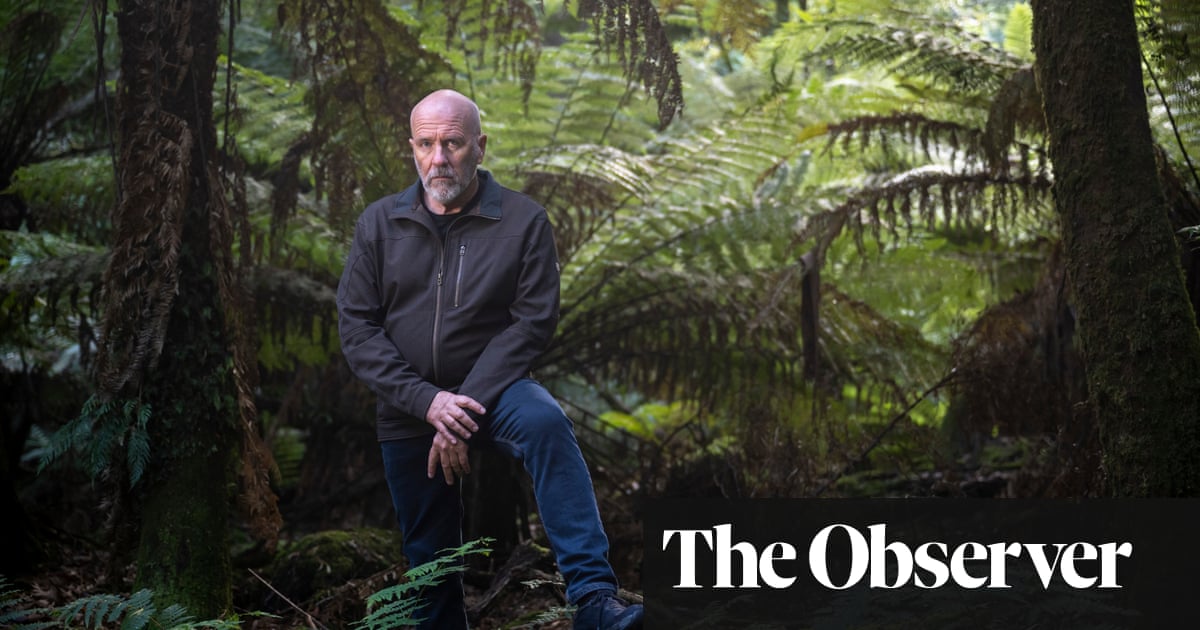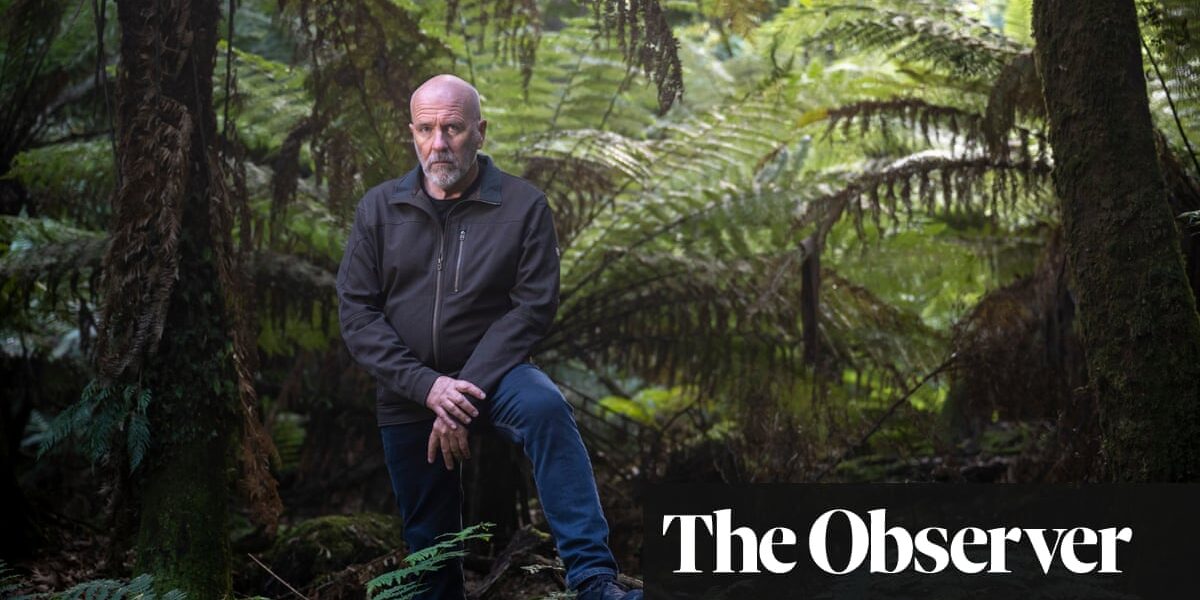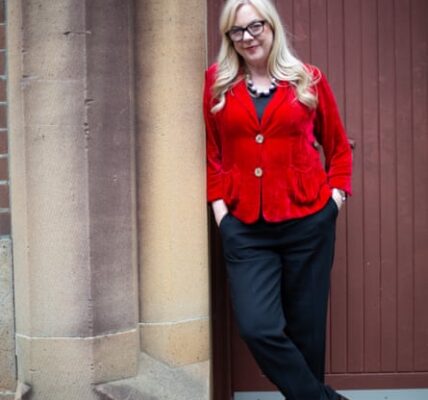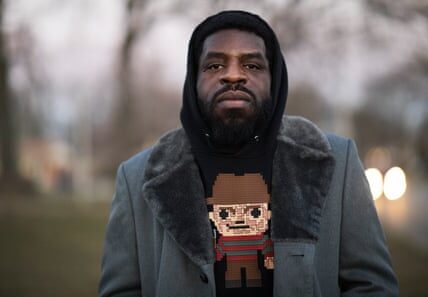Question 7 by Richard Flanagan review – the Booker winner’s beautiful, unclassifiable memoir-cum-novel

From the very first sentence of Richard Flanagan’s 12th book, Question 7, the model for this extraordinary, hybrid work is clear. WG Sebald is there in the subject matter: the second world war and the ethics of mass bombing campaigns; the interweaving of personal and political history; the blending of truth, memory and a kind of hyper-real imagined past. Sebald is there in the deeper currents: a somewhat solitary, occasionally ridiculous middle-aged man seeking to come to terms with his place in the world, wrestling in particular with his complex love for a father whose own life was defined by his experiences in the war. It’s there even in the rhythms of the prose. The book begins like a Sebald tribute act, with its stateliness, its subclauses, its melancholy: “In the winter of 2012, against my better judgment and for reasons that were not entirely to do with writing – much as I said they were – and which even now are not clear to me, I visited the site of Ohama Camp, Japan, where my father had once been interned.”
Question 7 is the story of Flanagan’s attempts to understand his parents, both of whom have recently died, and through them the strange contingency of his own life. His mother is presented as a warm, ambitious, eccentric figure, dragging the family up from hardscrabble poverty in rural Tasmania. Flanagan’s father’s wartime experience, first on the Death Railway, then in a prisoner of war camp, inspired his most celebrated book, the Booker prize-winning The Narrow Road to the Deep North. Here, though, Flanagan seeks to present his father’s life in a different way, as an example of the absurd calculus and complex happenstance of existence. This is the reason for the book’s title, which refers to an obscure Chekhov story that asks something like the same questions. Can life be reduced to a series of equations? Are we all here as a result of the whims of chance? Specifically, in Flanagan’s case, what would have happened to his father had the atom bomb not been dropped on Hiroshima?
To shape his answer – an answer that encompasses not just the horrifying paradox of the atom bomb but also the power of literature to shape the world – Flanagan tells the story of a novel: HG Wells’s The World Set Free. In a series of wonderful, Edwardian-inflected chapters, he traces the writing of this book, composed in the Alps in the lead-up to the first world war when Wells was bouncing between affairs with Rebecca West and Elizabeth von Arnim. Flanagan shows how, in an otherwise mediocre and proselytising novel, Wells divined the monstrous implications of radioactivity, only recently discovered. Wells describes a weapon small enough to be carried in a bag but with sufficient “latent energy to wreck half a city”. It is the first literary representation of a nuclear chain reaction, the first time someone had imagined that this new source of energy might also be used to cause harm.
The World Set Free did not have many fans, but one of them was Leo Szilard, a Hungarian physicist (played by Máté Haumann in Oppenheimer) who, with his friend Albert Einstein, was integral in persuading Roosevelt to begin work on the Manhattan Project. Flanagan presents Szilard as a conflicted visionary, obsessed by the power of Wells’s (at that time fictional) bomb, realising too late the horror he has unleashed upon the world. Flanagan asks us to consider the possibility that without Wells, there would have been no Hiroshima. The World Set Free, Flanagan says, “destroyed Hiroshima and without Hiroshima there is no me and these words erase themselves and me with them”.
There’s so much more in Flanagan’s beautiful, unclassifiable novel-cum-memoir. There’s the genocide of Tasmania’s Indigenous peoples (and a series of links to HG Wells); there’s the author’s meeting with one of the prison guards who tortured his father; there’s a section at the end in which Flanagan describes his own brush with the capriciousness of existence: an almost fatal kayak accident that reads like 127 Hours. This book already comes laden with praise from its Australian publication – Peter Carey said it “may just be the most significant piece of Australian art in the last 100 years”. That it is a masterpiece is without question. Sebald himself would have been proud of the subtlety, the depth, the intensity of thought and feeling.
after newsletter promotion
Source: theguardian.com




